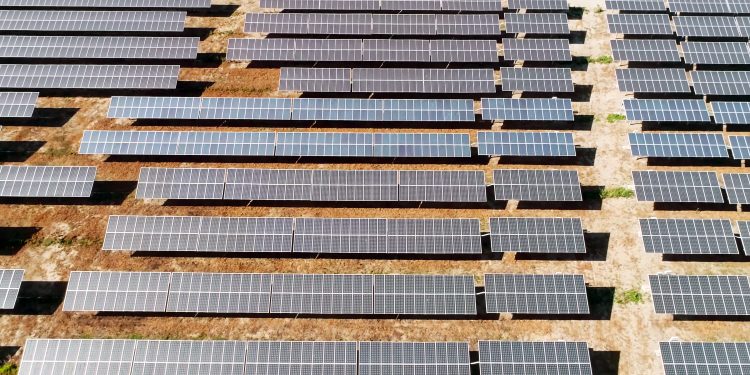In a strategic pivot towards sustainable energy, Saudi Arabia is set to bolster its investment in the green sector, while simultaneously reducing allocations to the oil industry. A recent analysis by a prominent financial institution reveals that the nation’s clean energy investments are on an upward trajectory.
By the end of this decade, the Kingdom plans to channel a staggering USD 1 trillion into six key areas, with expectations that non-oil investments will constitute 73% of this commitment, an uptick from the previously anticipated 66%.
The allocation for renewable energy initiatives is poised to rise to USD 235 billion, markedly higher than the initial USD 148 billion projection. This surge is attributed to Saudi Arabia’s ambitious revision of its renewable energy goals, now aiming to more than double its renewable capacity by 2030. Specifically, capital expenditures for renewable energy are forecasted at USD 190 billion, while clean hydrogen projects are set to receive USD 36 billion.
Saudi Arabia’s renewable energy landscape is rapidly expanding. Approximately 11 GW of solar photovoltaic projects are currently underway, with an additional 16.7 GW of solar and wind developments in the planning phase. The government has also set a more robust solar energy target for 2030, boosting the goal from 58.7 GW to a range of 100-130 GW.
To further its goal of economic diversification and reduce reliance on oil, the Kingdom is also injecting funds into sectors such as metals and minerals, transportation, logistics, and digital technologies.
Conversely, investment in the oil industry is expected to diminish by USD 40 billion from 2024 to 2028. Nevertheless, natural gas remains integral to the country’s energy strategy, anticipated to comprise 50% of the energy mix by 2030, complemented by renewable sources. Investment forecasts for the oil and gas sector have been adjusted downward, currently estimated between USD 190 billion and USD 220 billion, a decrease from the previously projected range of USD 230 billion to USD 260 billion.


